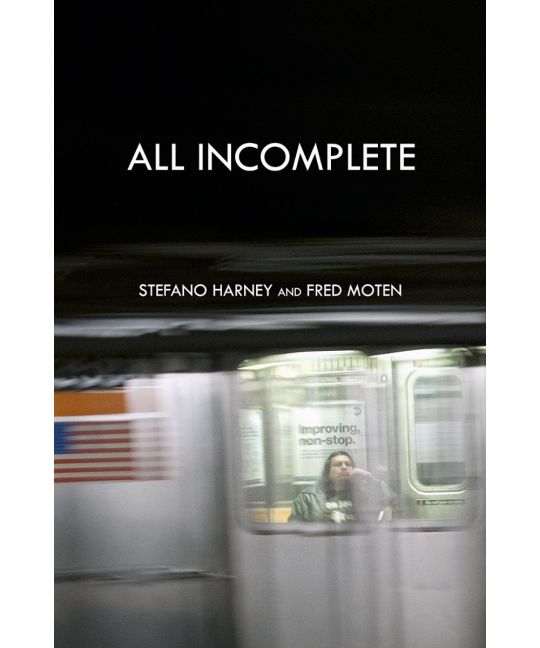
In Intimacies, Katie Kitamura’s fourth novel, the unnamed narrator moves to the Hague for a one-year gig as an interpreter at the International Criminal Court, mostly on a whim. She is largely gutted of a backstory or personality save for her aloneness: her father is recently dead; her mother is in Singapore; her friends in the Netherlands do not extend beyond acquaintances; her boyfriend, she learns, is still married. Her job also cannot provide the stability she lacks. Though she assumes interpretation is neutral and administrative, she comes to find that this task of transmitting nearly unspeakable criminal acts from one language to the next requires equal parts technical skill and performance. Her daily actions are simultaneously and impossibly intimate and impersonal, individual and international. In the ICC—whose foundational belief is that justice can be arbitrated, and that it is done through often bureaucratized and prolonged demonstrations of language—our narrator begins to question how much language can actually do.
Over the course of the novel, her main task is to interpret court proceedings and victim testimony for a former dictator accused of war crimes. Kitamura’s attunement to the specific implications of her narrator’s weighty profession is the triumph of Intimacies. The book is a nuanced addition to the lineage in contemporary fiction that takes as its subject matter the limits of professional success and work culture for young women. Of the plurality of intimacies the book explores, the most riveting and rewarding by far is its engagement with one’s relationship to work.
— Claire Shang

I’ve got this pervasive sense of disassociation. A disassociation from my body. A disassociation from my friends. A disassociation from my thoughts themselves. In other words, I’m feeling disassociated from the world. And with the oddity of living through a pandemic that is over for labor but not for leisure, the ongoing destruction of every venue, physical or virtual, for non-commodified social interaction, and the increasingly noticeable frustration of workers over their increasingly precarious positions (including the student workers at Columbia University), I get the feeling that this feeling is more general. Within leftist political theory, this widespread sense of isolation would be explained through the Marxist conception of labor alienation or the psychoanalytical formulation of the Lack of the psyche. But these old arguments are now insufficient. Gone are the days where alienation is limited to the feeling the factory worker gets when they realize they cannot own the physical products they make. Gone are the days where psychoanalysis could attempt to explain our isolation through exploring the universalized psyche–as if it is not structural factors and conditions that have the largest hand in producing this feeling of disassociation. It is incompleteness of theory, practice, and one’s sense of being that Fred Moten and Stefano Harney reconceptualize in All Incomplete.
“How can we more intensely feel the physics of our surround, our social aesthetic, the gravity of our love and loss, our shared, radically sounded, radically sent incompleteness?” is the question driving the essays All Incomplete collects. For Moten and Harney, incompleteness is both the necessary, horrible by-product of a society bent on creating impossibly productive individuals, and the manner through which this individuation can be undone. Even as they discuss an impressively wide variety of topics, they remain committed to the exploration and enunciation of what it means to be mutually incomplete with each other, in spite and despite the demand that whiteness, institutional politics, and finance capitalism place on us to become complete.
What is most striking about the book is the playfulness with which Moten and Harney approach language. The way they tease out the distinctions between anti- and ante-, geno- and geocide, president and precedent, new thing and no thing, or countless other examples never ceases to amaze in its ingenuity. And it is this character of their prose that lends the book’s theorization of the production and resistance to incompletion an unparalleled poetic power and poignant (anti/ante)political force. This creation of a language surrounding resistance to finance capitalism, anti-blackness, and modernity is precisely what the book is interested in doing. Similar to Moten and Harney’s previous book-length collaboration, The Undercommons, All Incomplete is less of a step-by-step guidebook to creating the revolution and more of a compendium of methods and frames of analysis that might otherwise be unavailable to the reader. In their own words, “it’s not about taking the streets; it’s about how, and about what, we take to the streets.” The book will not teach you how to form a riot, a revolution, or any other formation of resistance. Instead, their aim is to a set of unique concepts and ideas to both understand the urgency and the means of resisting what Moten and Harney alternately call the total education of whiteness, logistical capitalism, and/or the socio-ecological crisis of modernity.
Moten and Harney say that “what we want [is] in relation to what we have.” And what All Incomplete says we have, despite the anti-social force they identify as financial capitalism, despite the flawed construction of the individual they argue is whiteness, despite everything, is all our mutual incompletion.
— Matthew Mason
